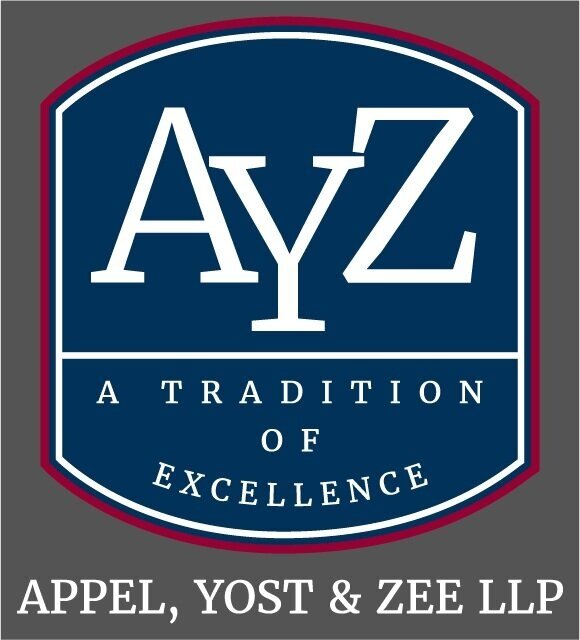Cyber Charter Schools Subject to Families First Coronavirus Response Act According to Latest Ruling
A recent ruling by a U.S. District judge marks a new status for cyber charter schools, now considered public agencies.
During the COVID-19 pandemic, the Families First Coronavirus Response Act (FFCRA), among other new acts, sought to provide emergency leave and paid sick leave for employees unable to work because of the coronavirus. These acts applied to employers considered public entities, or organizations or bodies that perform services to the public on behalf of another public entity.
In Filippone v. Agora Cyber Charter School, the plaintiff was unable to teach on a full-time schedule at Agora while her children were home because the pandemic shut down their school. Agora denied the plaintiff leave, stating that the school is a private entity employing over 500 people and is not subject to paid and unpaid leave provisions of FFRCA.
Two provisions of the FFCRA applied to the case: the Emergency Family and Medical Leave Expansion Act (EFMLEA) and the Emergency Paid Sick Leave Act (EPSLA). Under EFMLEA, private entities of under 500 employees as well as public institutions must provide up to 12 weeks of leave for employees who have worked for at least 30 days and are unable to work or telework due to childcare restraints during the pandemic.
U.S. District Judge Chad Kenney concluded that Agora is in fact a public agency required to follow EFMLEA. Kenney opined that school districts, education boards and charters are employers under the Family Medical Leave Act, and school boards and districts are held to be public agencies. Because Pennsylvania law provides that charters are bodies corporate and can sue or be sued to the same extent that public institutions can be sued, Agora is subject to EFMLEA. With the understanding that Agora is a covered employer in the same manner as EFMLEA, Agora is also subject to EPSLA.
Prior to this ruling, cyber charter schools were categorized as private entities due to private funding, privately appointed board members and other qualifications. With this change from private entities to public agencies, cyber charter schools are now required to follow the FFRCA provisions for its employees.
As cyber charter schools now qualify as public agencies, this decision opens a host of new subject matters to be discussed in not only labor law but other areas of education.
Should you have any questions about this decision, or any other issue impacting schools, please do not hesitate to contact William J. Zee or any of the attorneys in the Appel, Yost & Zee Education group.
